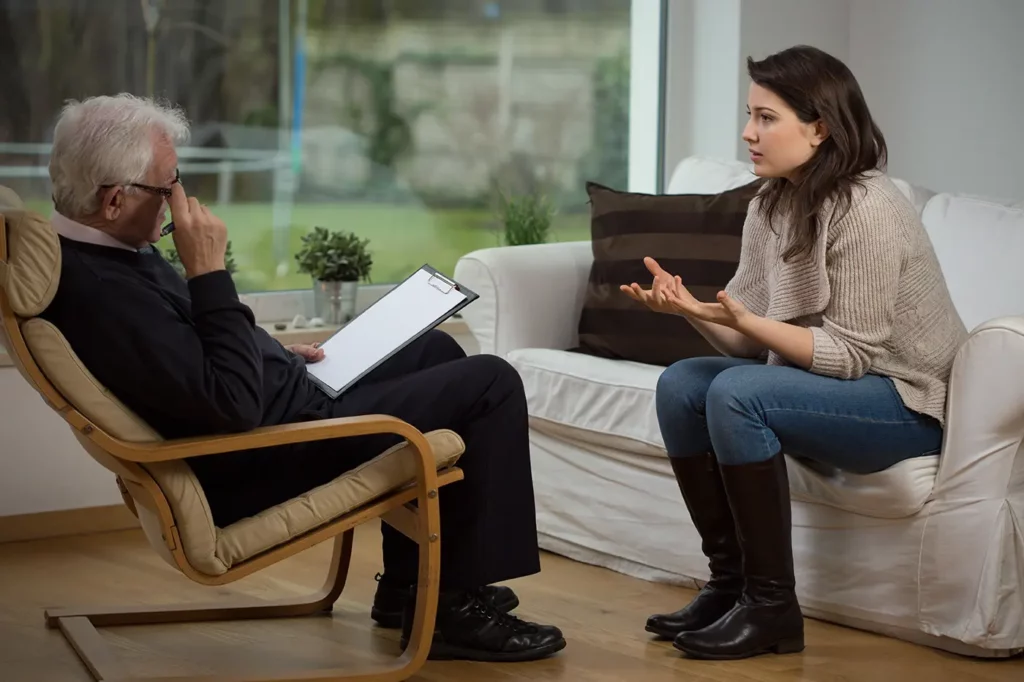24/7 Helpline:
(866) 899-221924/7 Helpline:
(866) 899-2219
Learn more about Group Therapy centers in Moscow
Group Therapy in Other Cities

Other Insurance Options

Highmark

Cigna

Aetna

Choice Care Network

Multiplan

Humana
Beacon

Oxford

Holman Group

Ambetter

EmblemHealth

Lucent

Medical Mutual of Ohio

Kaiser Permanente

UMR

Absolute Total Care

Amerigroup

United Health Care

Private insurance

Carleon

Weeks and Vietri – Counseling and Community Services
Weeks and Vietri – Counseling and Community Services is a private rehab located in Moscow, Idaho. We...







Region II Mental Health Center
Region II Mental Health Center is a public rehab located in Moscow, Idaho. Region II Mental Health C...

Sequel Alliance Family Services
Sequel Alliance Family Services - Rodeo Drive offers intensive outpatient services for individuals w...

Scott Community Care
Scott Community Care is a private rehab located in Moscow, Idaho. Scott Community Care specializes i...







